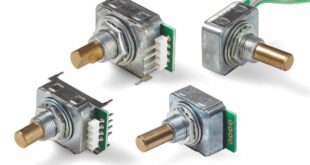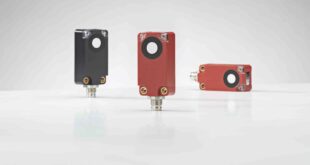The technology will help redefine how global health challenges – from superbugs to infectious diseases, and cancer are conquered.
The pioneering system-on-chip (SoC) will yield highly-secure molecular data that can be used in the recognition and analysis of health threats caused by pathogens and other living organisms.

Combined with the company’s scientific technology platform, the chip leverages advances in nanotechnology [1], optics [2], artificial intelligence (AI) [3], blockchain authentication [4], and edge computing [5] to access and analyse molecular-level data in real time.
“In partnership with Arm, we’re tackling the vast frontier of molecular data to unlock the unlimited potential of this universe,” said Steve Papermaster, Chairman and CEO of Nano Global. “The data our technology can acquire and process will enable us to create a safer and healthier world.”
“We believe the technology Nano Global is delivering will be an important step forward in the collective pursuit of care that improves lives through the application of technology,” said Rene Haas, executive vice president and president of IPG, Arm. “By collaborating with Nano Global, Arm is taking an active role in developing and deploying the technologies that will move us one step closer to solving complex health challenges.”
Additionally, Nano Global will be partnering with several leading institutions, including Baylor College of Medicine and National University of Singapore, on broad research initiatives in clinical, laboratory, and population health environments to accelerate data collection, analysis, and product development.
The initial development of the chip is in process with first delivery expected by 2020. The company is already adding new partners to their platform.
1. Nanotechnology is used in the engineering of the artificial intelligence chip as well as to develop solutions to health challenges.
2. The optics include a combination of both microscopy and spectroscopy, utilised for molecular interaction data capture in real time.
3. Artificial intelligence, including machine learning and vision, help identify patterns of molecular data discovered in order to predict trends, validate identifying markers, and uncover potential threats.
4. Blockchain technology is utilised as a fundamental architectural element supporting data attribution, privacy, and security, as well as economic mechanisms.
5. Edge computing enables highly-optimised, local processing and analysis of molecular data and relevant parameters in real time.
 Engineer News Network The ultimate online news and information resource for today’s engineer
Engineer News Network The ultimate online news and information resource for today’s engineer




